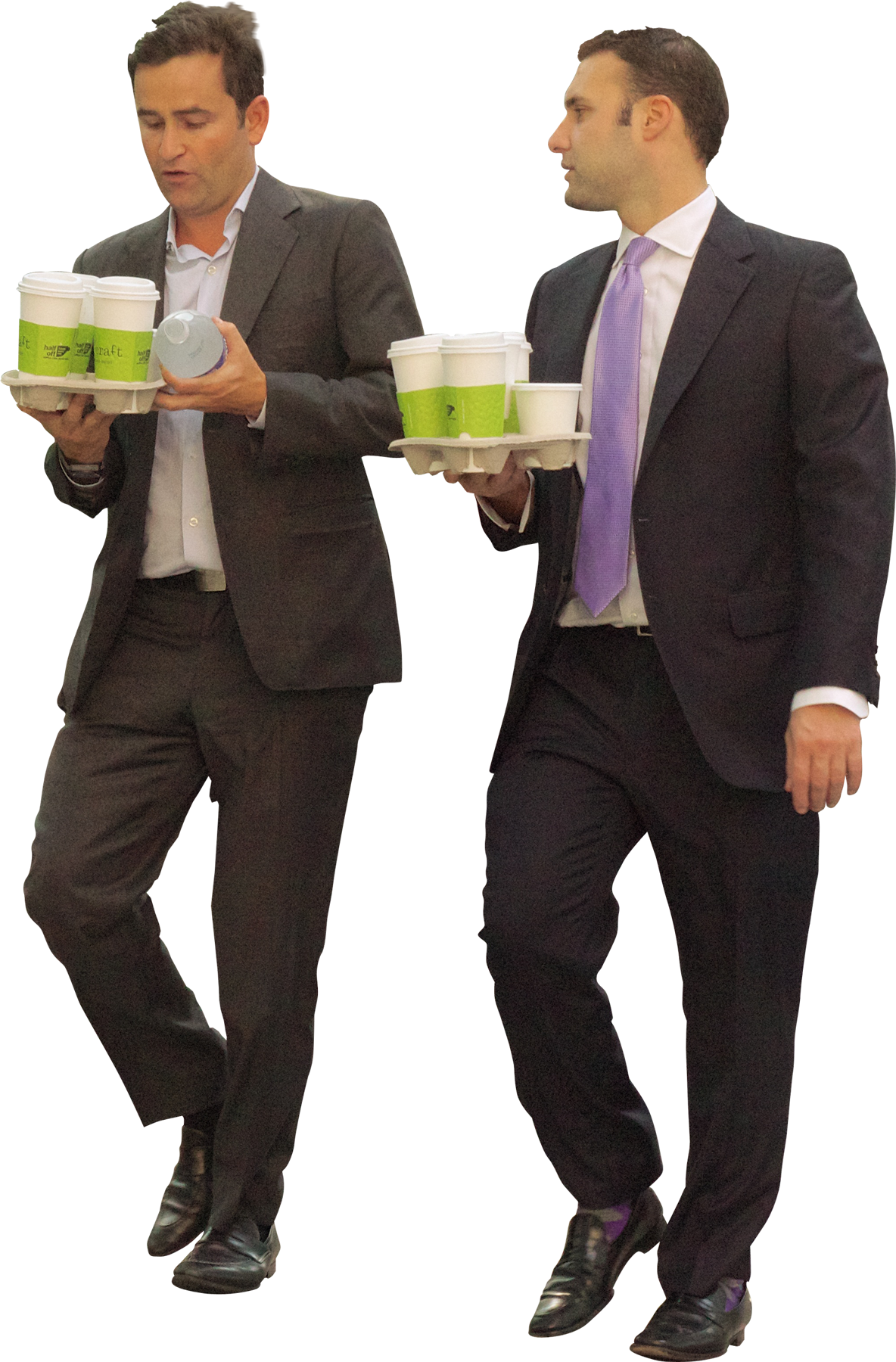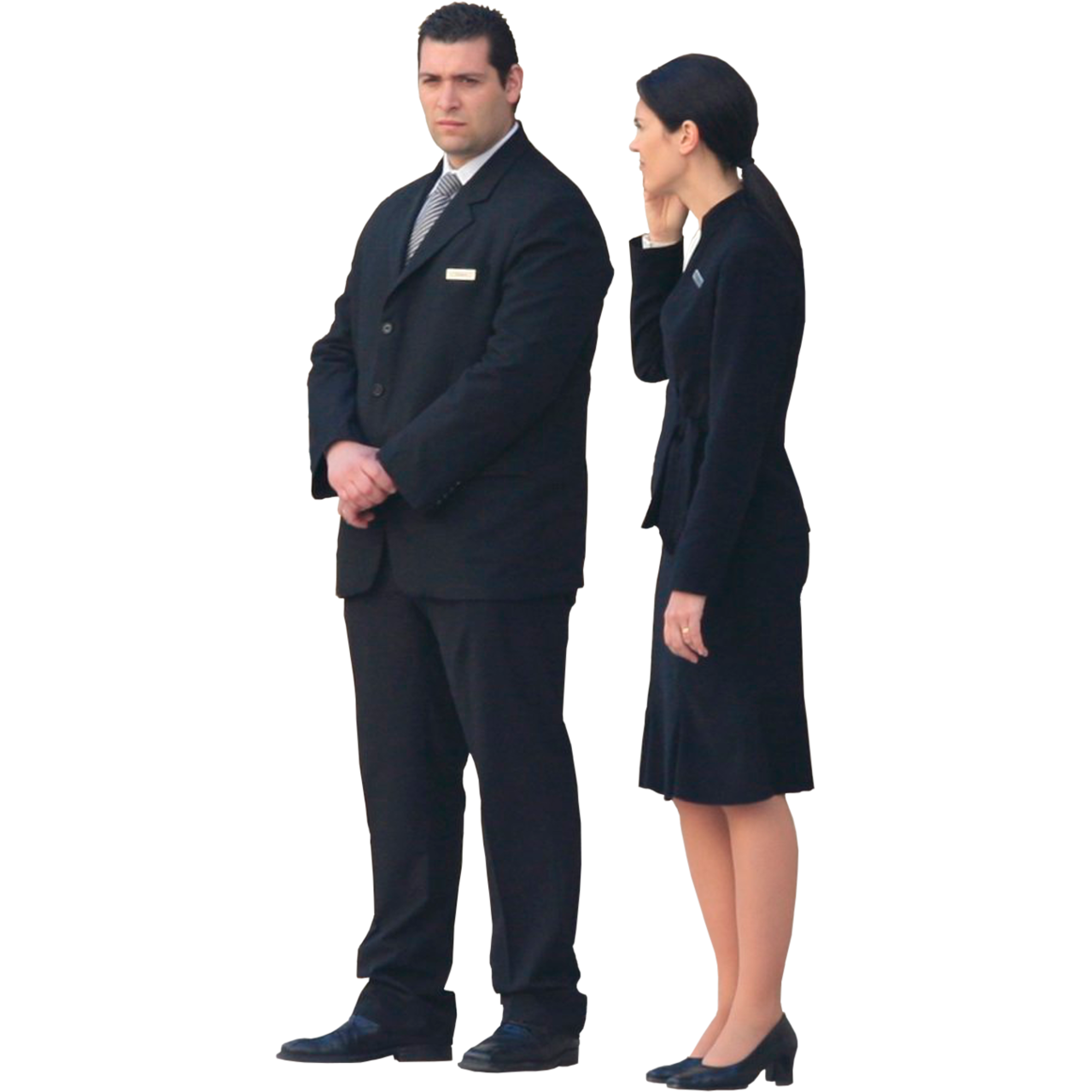Download top and best high-quality free Business People PNG Transparent Images backgrounds available in various sizes. To view the full PNG size resolution click on any of the below image thumbnail.
License Info: Creative Commons 4.0 BY-NC
A businessman or businesswoman is a person who owns or controls a private institution and engages in activities to generate cash flow, sales, and income by combining human, financial, intellectual, and physical capital with the goal of promoting economic development and growth.
A founder, owner, or primary shareholder of a private enterprise is referred to as a “businessperson.” The word is sometimes used to describe a private entity’s angel investor.
Because “businessman” may refer to anybody who works in industry or commerce, businessmen have existed for as long as industry and trade have. “Commerce” can simply mean “trade,” and trade has existed since the dawn of time. Traders and merchants were the earliest businessmen in human history.
In medieval Italy, merchants became a “caste” (compare, for example, the ancient merchant caste (Vaishya) in Indian society). Modern accounting, the bill of exchange, and limited liability were established between 1300 and 1500, and the world witnessed “the first genuine bankers,” who are unquestionably businesses.
Europe had the “rise of affluent merchants” at the same time. This “growth of the commercial class” occurred at a period when Europe “required a middleman” for the first time, and it was these “burghers” or “bourgeois” who filled that position.
The Rise Of Capitalism From The Renaissance To The Enlightenment
In the 16th century, Europe became the main global economic force, and as Europeans created new business instruments, new sorts of “business people” emerged to employ them. Europe invented and used paper money, checks, and joint-stock businesses throughout this time (and their shares of stock). Insurance was created as a result of advancements in actuarial science and underwriting. These new technologies were combined and employed by a new type of businessperson, the capitalist. They were not traders of products, rather they owned or funded firms as investors. During the Industrial Revolution, these capitalists were a powerful force.
The word “business-men” was first used in 1798, according to the Oxford English Dictionary, while “business-man” was first used in 1803. By 1860, the term “businessmen” had gained popularity.
The Rise Of The Corporate Mogul In The Modern Era
The manager is the newest type of corporate executive working for a company mogul. Robert Owen (1771″1858) was one of the first real founders of the management profession. In Scotland, he was also a commercial giant. He investigated “issues of productivity and motivation,” and was followed by Frederick Winslow Taylor (1856-1915), who was the first to study work with the goal of training his employees in the field of management so that they could run his firm effectively. Following the example of Herbert Hoover and the Harvard Business School, which offered degrees in business administration (management) with the goal of developing efficient managers for business magnates to hire with the goal of increasing productivity of the company business magnates own, management became popular after World War I.
Download Business People PNG images transparent gallery
- Business People Office PNG
Resolution: 1201 × 1600
Size: 910 KB
Image Format: .png
Download
- Business People Office PNG Pic
Resolution: 1184 × 1800
Size: 2242 KB
Image Format: .png
Download
- Business People Office PNG File
Resolution: 736 × 736
Size: 254 KB
Image Format: .png
Download
- Business People Office PNG Image
Resolution: 463 × 340
Size: 64 KB
Image Format: .png
Download
- Business People Office PNG Photo
Resolution: 1208 × 833
Size: 231 KB
Image Format: .png
Download
- Business People Office PNG Cutout
Resolution: 820 × 641
Size: 104 KB
Image Format: .png
Download
- Business People PNG Cutout
Resolution: 1279 × 1279
Size: 597 KB
Image Format: .png
Download
- Business People Team PNG File
Resolution: 1935 × 1472
Size: 1899 KB
Image Format: .png
Download
- Business People Team PNG Image
Resolution: 1110 × 1280
Size: 62 KB
Image Format: .png
Download
- Business People Team PNG Cutout
Resolution: 512 × 512
Size: 34 KB
Image Format: .png
Download
- Business People Team PNG Images
Resolution: 512 × 512
Size: 30 KB
Image Format: .png
Download
- Business People Team PNG Photos
Resolution: 1024 × 1369
Size: 129 KB
Image Format: .png
Download
- Business People Team Transparent
Resolution: 512 × 512
Size: 17 KB
Image Format: .png
Download
- Business People
Resolution: 800 × 532
Size: 319 KB
Image Format: .png
Download
- Business People PNG Photo
Resolution: 532 × 800
Size: 351 KB
Image Format: .png
Download
- Business People Team PNG Photo
Resolution: 800 × 532
Size: 389 KB
Image Format: .png
Download
- Business People PNG Images
Resolution: 950 × 420
Size: 262 KB
Image Format: .png
Download
- Business People PNG Photos
Resolution: 651 × 512
Size: 578 KB
Image Format: .png
Download
- Business People Transparent
Resolution: 1043 × 1043
Size: 498 KB
Image Format: .png
Download
- Business People PNG Clipart
Resolution: 480 × 527
Size: 293 KB
Image Format: .png
Download
- Business People PNG Picture
Resolution: 532 × 800
Size: 459 KB
Image Format: .png
Download
- Business People PNG
Resolution: 1537 × 1537
Size: 641 KB
Image Format: .png
Download
- Business People Team
Resolution: 1026 × 336
Size: 261 KB
Image Format: .png
Download
- Business People Team PNG
Resolution: 575 × 658
Size: 459 KB
Image Format: .png
Download
- Business People Team PNG Pic
Resolution: 960 × 620
Size: 456 KB
Image Format: .png
Download
- Business People PNG Pic
Resolution: 1040 × 1005
Size: 549 KB
Image Format: .png
Download
- Business People PNG File
Resolution: 959 × 580
Size: 169 KB
Image Format: .png
Download
- Business People PNG Image
Resolution: 1920 × 800
Size: 721 KB
Image Format: .png
Download
- Business People Office
Resolution: 1333 × 1333
Size: 643 KB
Image Format: .png
Download




























